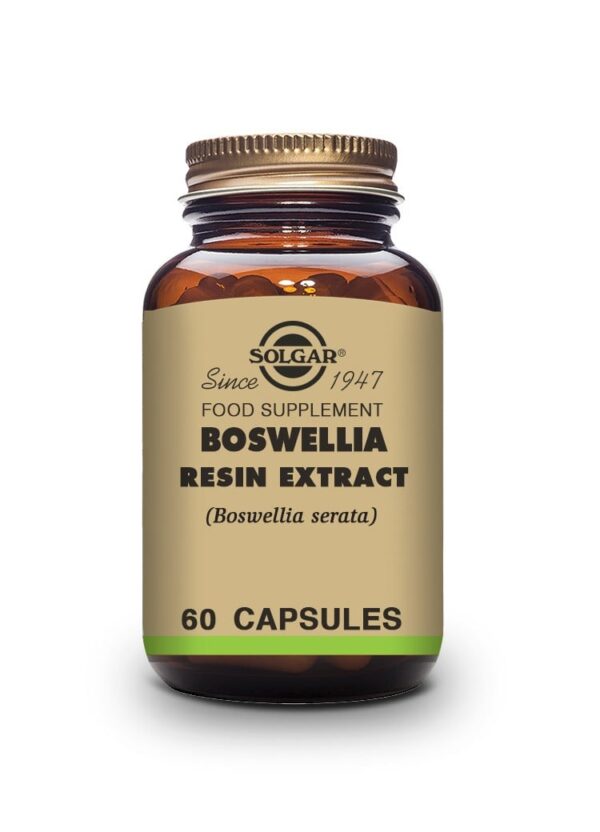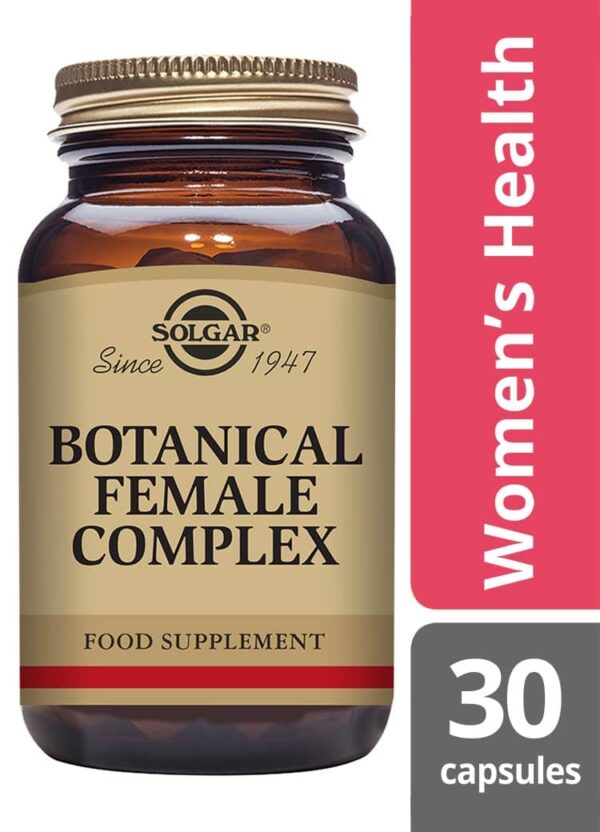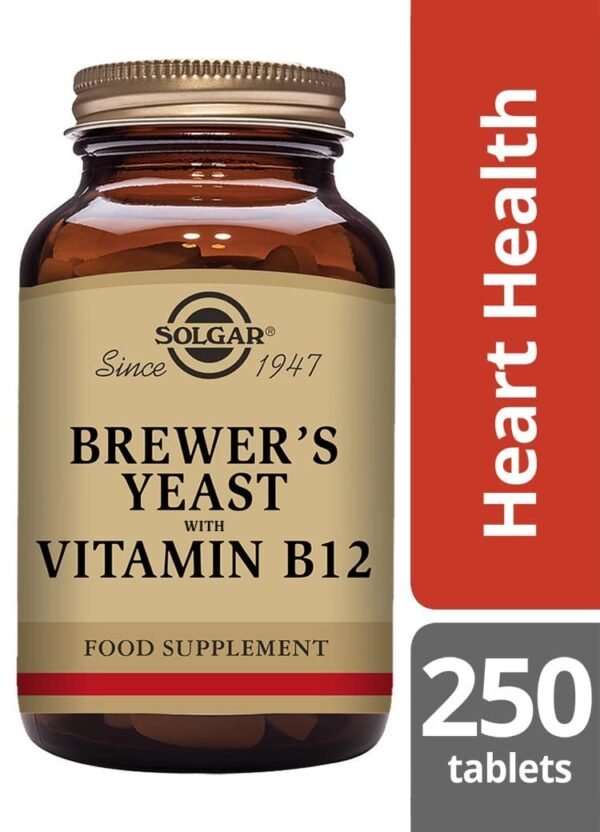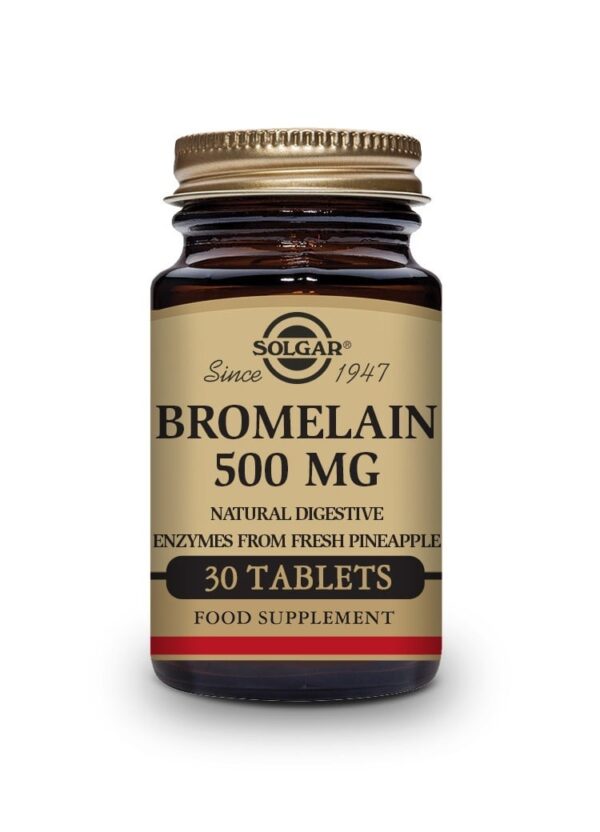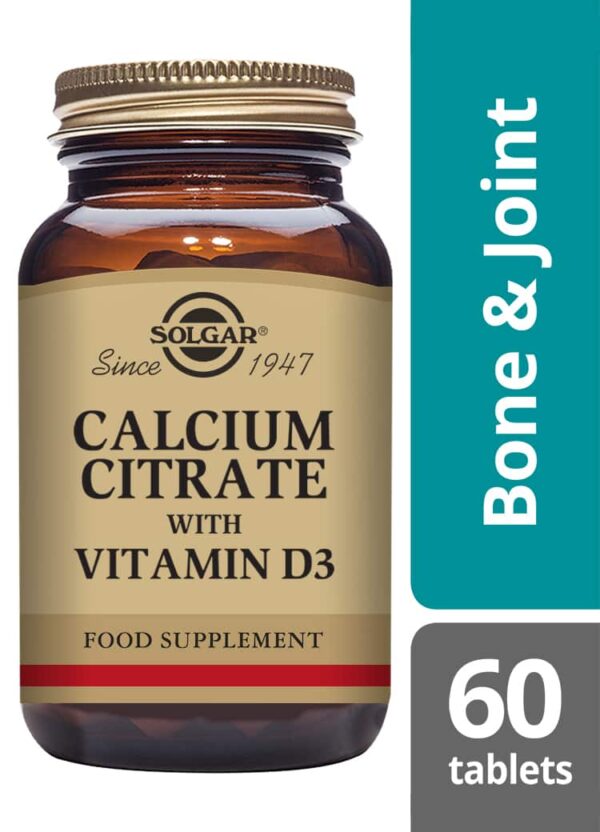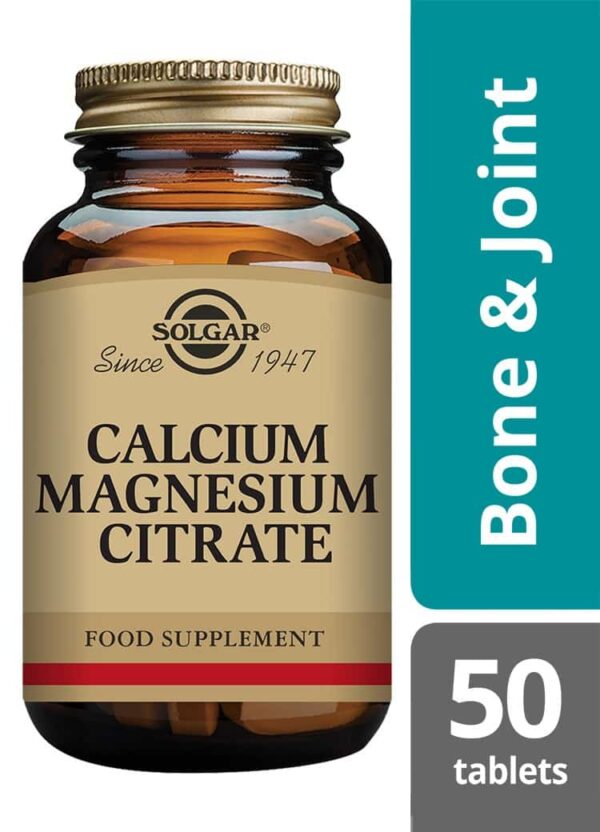Welcome to Supplements Deals, your trusted source for all things related to health and wellness. In today’s fast-paced world, it’s essential to ensure that our bodies receive the necessary nutrients to maintain optimal health. That’s where supplements come into play. Whether you’re an athlete aiming to improve your performance or an individual looking to address nutritional deficiencies, it’s essential to comprehend your specific supplement requirements.
Exploring the World of Supplements Needs
In this comprehensive guide, we’ll delve deep into the world of supplements needs, exploring the various factors that influence them and helping you make informed decisions about which supplements are right for you. From vitamins and minerals to specialized supplements, we’ve got you covered. Let’s get started.
The Basics of Supplements
Before we dive into the specifics of supplements needs, it’s essential to understand the basics. Supplements are items created to augment your dietary intake and supply vital nutrients that could be deficient. They come in various forms, including vitamins, minerals, herbal extracts, and more. Supplements can serve multiple purposes, such as improving overall health, enhancing sports performance, or addressing specific health concerns.
Assessing Your Personal Needs
Identifying your specific supplement requirements is a personalized procedure that demands thoughtful evaluation of multiple factors. These factors not only shape your nutritional requirements but also influence the type and quantity of supplements that may be necessary to address your specific health needs. Let’s delve deeper into these essential aspects of personalizing your supplement regimen:
Age and Life Stage
- Children: Growing bodies require specific nutrients like calcium and vitamin D to support bone development. Multivitamins tailored for children can be beneficial.
- Adults: Adults have diverse nutritional needs depending on factors such as gender, activity level, and overall health. Calcium and vitamin D remain essential for bone health, while iron may be more critical for menstruating women.
- Seniors: As we age, our bodies often absorb nutrients less efficiently. Calcium and vitamin D become increasingly crucial for maintaining bone density, and vitamin B12 may be necessary due to decreased absorption.
Diet and Lifestyle
- Dietary Preferences: Your dietary choices play a significant role in determining your supplement needs. For instance, individuals who follow a vegetarian or vegan diet may need supplements like vitamin B12, iron, and omega-3 fatty acids.
- Allergies and Food Sensitivities: If you have allergies or sensitivities that limit your food choices, it may be necessary to supplement your diet with specific nutrients to avoid deficiencies.
- Active Lifestyle: Athletes and those with a highly active lifestyle may require additional nutrients to support energy production, muscle recovery, and overall performance.
Health Goals
- Immunity Boosting: If your goal is to bolster your immune system, supplements such as vitamin C, vitamin D, zinc, and probiotics can be beneficial.
- Joint Health: Glucosamine and chondroitin supplements can support joint health, particularly for individuals dealing with conditions like osteoarthritis.
- Cognitive Enhancement: Omega-3 fatty acids, particularly DHA, are associated with cognitive function and may be of interest to those looking to support brain health.
Existing Health Conditions
- Chronic Illness: Certain medical conditions may lead to nutrient deficiencies. For example, individuals with celiac disease may require supplements to address deficiencies in iron, calcium, and B vitamins.
- Pregnancy and Nursing: Expecting or nursing mothers have unique nutritional requirements, often necessitating supplements such as folic acid, iron, and calcium to support both maternal and fetal health.
- Medications: Certain medications may disrupt the absorption of nutrients. It’s essential to discuss your medication regimen with a healthcare provider to identify potential deficiencies and supplement accordingly.
Common Supplements and Their Benefits
Now that we’ve discussed the various factors that influence your supplements needs, let’s dive deeper into some common supplements and their significant health benefits:
Vitamins for Optimal Health
Vitamins are essential nutrients that play a pivotal role in various bodily functions. Vitamin C, known for its immune-boosting properties, is vital for collagen production and wound healing. Vitamin D, commonly known as the “sunshine vitamin,” promotes both bone health and immune function. B-complex vitamins encompass a range of essential nutrients, each contributing to energy production, metabolism, and nerve health.
Minerals for Strong Bodies
Minerals are critical for maintaining various aspects of health. Calcium is vital for maintaining robust bones and teeth, in addition to supporting muscle function and blood clotting. Magnesium contributes to the process of muscles and nerves, regulates blood glucose, and aids in energy production. Iron is essential for transporting oxygen in the bloodstream and holds particular significance for individuals susceptible to iron deficiency or anaemia.
Omega-3 Fatty Acids for Heart and Brain Health
Omega-3 fatty acids, including EPA and DHA, offer significant health benefits. They lower triglyceride levels, reduce inflammation, and support heart health. Additionally, omega-3s play a vital role in brain health, enhancing cognitive function and mood regulation.
Probiotics for Gut Health
Probiotics are beneficial live bacteria that support a healthy gut microbiome. They aid in digestion, boost immune function, and can alleviate symptoms of gastrointestinal issues like irritable bowel syndrome (IBS).
Protein Supplements for Muscle and Recovery
Protein supplements are commonly favoured by athletes and those seeking to boost their protein consumption. They aid in building and repairing muscle tissue, facilitating post-workout recovery, and providing a convenient protein source for those with busy lifestyles.
Herbal Supplements for Holistic Wellness
Herbal supplements, such as ginseng, are known for their adaptogenic properties, reducing stress and fatigue while improving cognitive function and bolstering the immune system. Turmeric’s active compound, curcumin, offers anti-inflammatory and antioxidant benefits, alleviating joint pain and improving digestive health. Echinacea is often employed to enhance the immune system and lessen the intensity of colds and respiratory infections.
Incorporating these common supplements into your daily routine can be beneficial for overall health and addressing specific nutritional needs. Nevertheless, it’s essential to seek guidance from a healthcare provider or registered dietitian before commencing any supplementation plan to ensure it is tailored to your specific needs and health objectives. Additionally, choosing high-quality products from reputable brands and following recommended dosage instructions is essential for safe and effective supplementation.
Choosing the Right Supplements: A Smart Approach
With the Abundance of supplements available in today’s market, navigating the choices to find the ones that suit your specific needs can be daunting. To make informed decisions and optimize the benefits of supplements, consider the following tips:
Consult a Healthcare Professional
Before embarking on any new supplement regimen, it is paramount to consult with a qualified healthcare professional. A healthcare provider, such as a doctor or registered dietitian, can offer personalized guidance based on your medical history, existing health conditions, and health goals. They can assist in identifying potential interactions with any medications you might be using and ensure that the selected supplements are in line with your overall health strategy.
Quality Matters
Not all supplements are created equal, and product quality varies widely in the market. Opt for reputable brands that prioritize safety and efficacy. Look for products that undergo third-party testing, as this certification ensures that the supplements contain the stated ingredients in the correct amounts and are free from contaminants. Reliable brands often display quality assurance seals on their packaging, which can be reassuring indicators of product integrity.
Read Labels
Before purchasing any supplement, take the time to read the product label carefully. Pay attention to the list of ingredients, dosage instructions, and potential side effects or warnings. Understanding what you’re putting into your body is essential for both safety and effectiveness. If you have particular dietary limitations or allergies, be sure that the supplement is appropriate for your requirements.
Start Slowly
When incorporating new supplements into your daily routine, it’s wise to introduce them gradually. This approach allows you to monitor how your body responds and minimizes the risk of adverse reactions. Keep track of any changes in your health, and if you experience any unusual symptoms, consult your healthcare provider promptly.
Remember that supplements are designed to complement a balanced diet and not replace it. The best way to meet your nutritional needs is through whole foods. Supplements should be viewed as a means to address specific deficiencies or health goals when dietary sources are insufficient. By adhering to these principles and seeking expert counsel, you can make informed decisions about choosing the right supplements and embark on a path to better health and well-being.
Supplements Needs for Special Populations
Specific populations have distinct supplement needs due to their unique life stages or lifestyles. Understanding these specific requirements is essential for promoting overall health and well-being. Here are some examples:
Athletes
Performance-Enhancing Supplements: Athletes often have higher energy and nutrient demands due to their rigorous training and physical activity. Supplements like protein, creatine, and branched-chain amino acids (BCAAs) can be beneficial for muscle growth, repair, and improved exercise performance. These supplements can help athletes meet their increased protein and amino acid requirements, aiding in post-workout recovery and overall athletic achievement.
Pregnant and Nursing Women
Folic Acid: Expectant mothers need increased levels of folic acid to promote fetal development and reduce the chances of neural tube defects in their infants.
Iron: Iron is vital during pregnancy to prevent anaemia as blood volume increases to support both the mother and the growing baby.
Calcium and Vitamin D: These nutrients are crucial for maintaining the mother’s bone health, primarily as the baby draws calcium from the mother’s bones. Adequate intake of these nutrients also supports the baby’s bone development.
Seniors
Bone Health Supplements: As individuals age, the risk of osteoporosis and bone fractures increases. Calcium and vitamin D become increasingly crucial for preserving bone density and minimizing the risk of fractures in older adults.
Multivitamins: Elderly individuals might find it advantageous to take a daily multivitamin to guarantee they fulfil their nutritional requirements, as ageing can sometimes lead to reduced appetite and absorption issues.
Conclusion
Meeting your supplement needs is a crucial step towards maintaining optimal health and well-being. At Supplements Deals, we are committed to providing you with the information and products you need to make informed decisions about your supplements. Remember, there is no one-size-fits-all approach to supplement needs. Start your journey to better health with Supplement Deals today!


